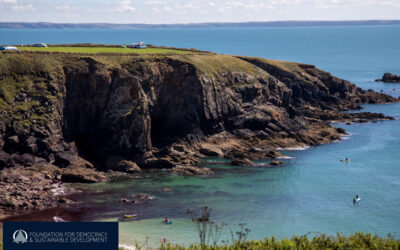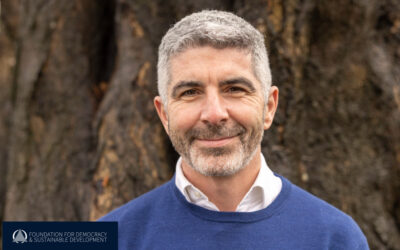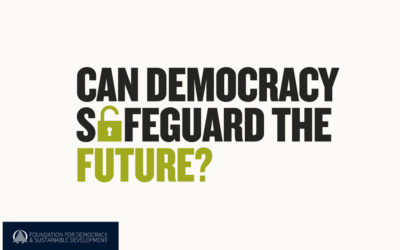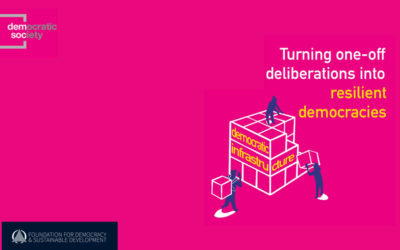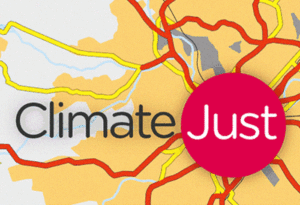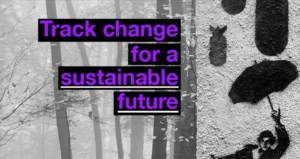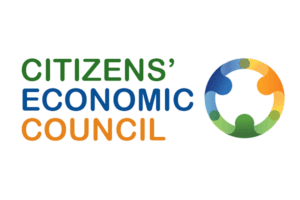The ways we think, act and communicate as individuals and as societies are crucial aspects of how we can address the tensions between existing liberal democracies and sustainable development. Working towards a global society that lives within planetary boundaries cannot solely happen through scientific, political, or economic approaches.
Understanding the different values people hold is also important in promoting sustainable development approaches and policy changes in ways that work with rather than against these often deeply-held beliefs.
How we think and feel
The ways we think, and feel influence our actions as individuals and as societies.
Barriers in how we think such as Psychological Distance and Cognitive Dissonance can lead us to prioritize the short-term, avoid responsibility and make it challenging for us to engage and agree on difficult decisions. Psychological studies have also shown that it is important to recognise that reasoning and emotions are linked. Decision-making cannot therefore just be made on the basis of factual data and rationality, but is intertwined with how we feel.
This wider understanding, and acknowledgement, particularly of negative emotions such as anxiety, guilt, helplessness and fear, and finding ways to mitigate these, can prevent collective denial and make it easier for people to face challenging realities and futures.
In an effort to create a culture that provides emotional support, bodies such as Climate Psychology Alliance, Good Grief Network and Force of Nature provide support to people suffering from climate anxiety. Initiatives such as Climate Café are mending societal divides, promoting mutual support and generating emotional resilience and solidarity.
How we act
In order to create a democracy that prioritises sustainable development, it is also important to consider the impacts of our behaviours, lifestyles and values. A recognition of the connectivity between how we act and the futures we create has led to the establishment of research bodies that inform governments and NGOs on how to support longer-term, pro-environmental behaviours.
For example, bodies such as the Centre for the Understanding of Sustainable Prosperity (CUSP) , the Centre for Climate Change and Social Transformations (CAST), the Institute for Public Policy Research (IPPR) and Public Interest Research Centre look at environmental values and lifestyles, climate crisis framings, social factors of sustainable development and the creation of prosperity within planetary limits. Other initiatives, such as Common Cause and Climate Outreach, work towards rebalancing cultural values to create a more equitable, sustainable and democratic society.
How we communicate
Effective communication and engaging narratives are also important.
Societal support for proposed policies is influenced not only by content but also by how we communicate. By diversifying communication strategies and promoting reliable media platforms that cover climate change and democratic processes as heavily as other topics, public awareness and participation can become deeper, more inclusive and less polarised. The Alternative is an example of an independent platform for media sources, offering reliable and conscious representation of issues misrepresented in conventional mass media.
Cultural initiatives and organisations
Creative responses are useful in engaging the public with democracy and sustainable development. Organizations that provide such spaces include Julie’s Bicycle, Seasons for Change, Long Now Foundation and Museums For Future.
Education is also an important part of creating our culture. Organisations like Transform Our World, Foundation for Environmental Education and Schools Climate Network provide multiple approaches and resources for environmental and social topics, and highlight values of environmental citizenship, fairness and participation. There are also interactive web-based tools such as Giki Zero, which enable us to explore the impacts of our everyday habits on the environment.

